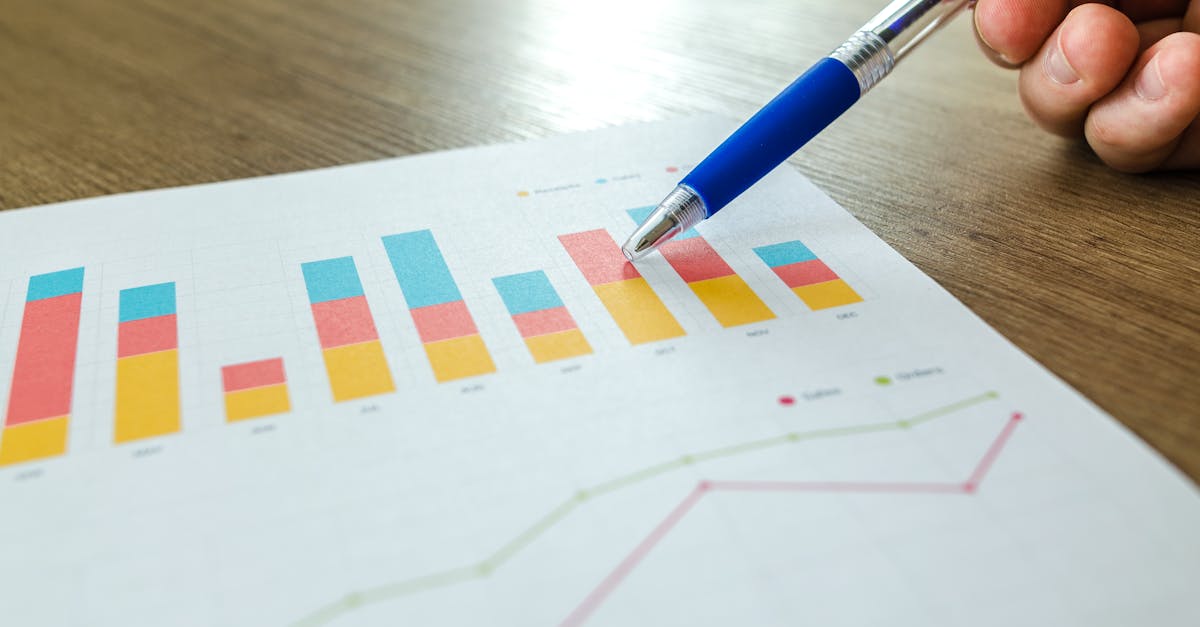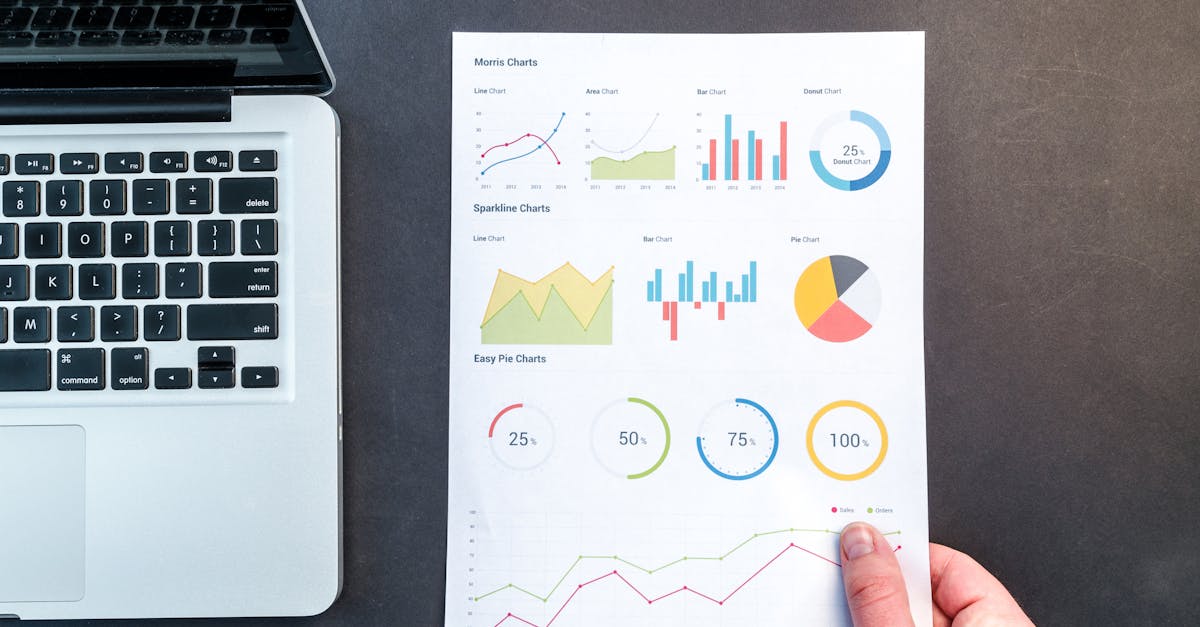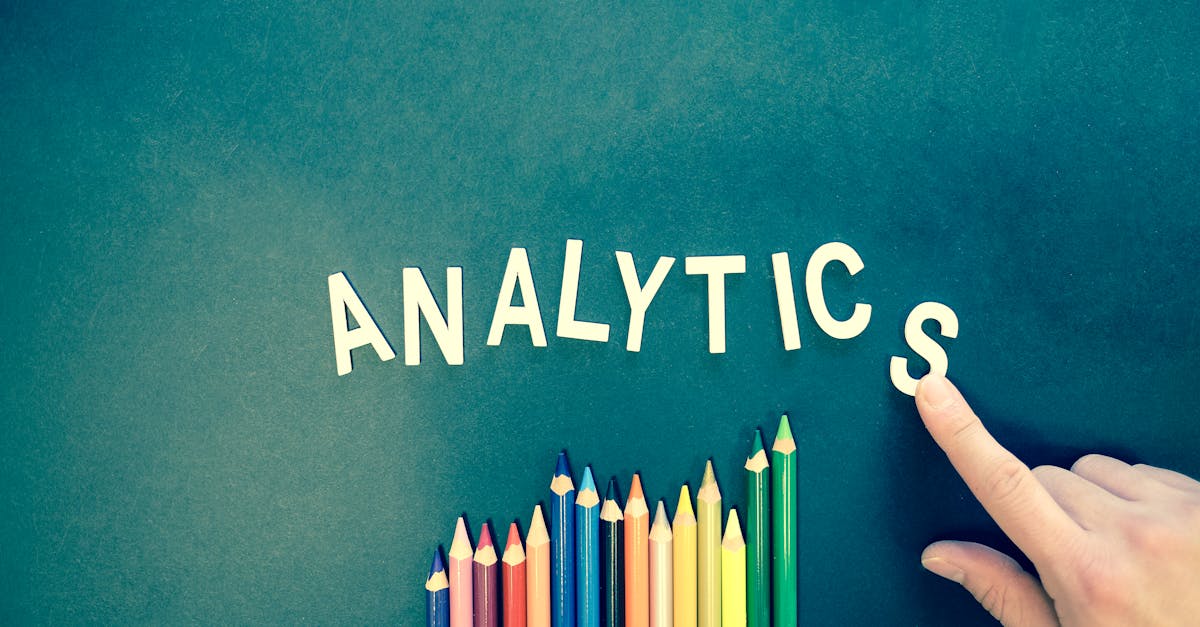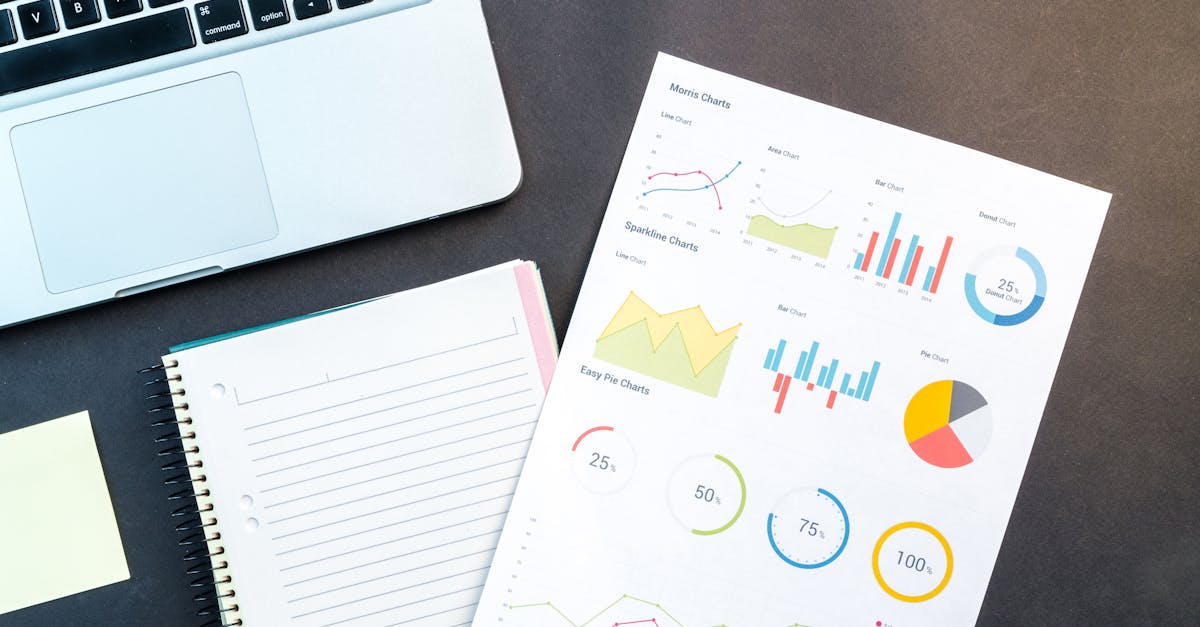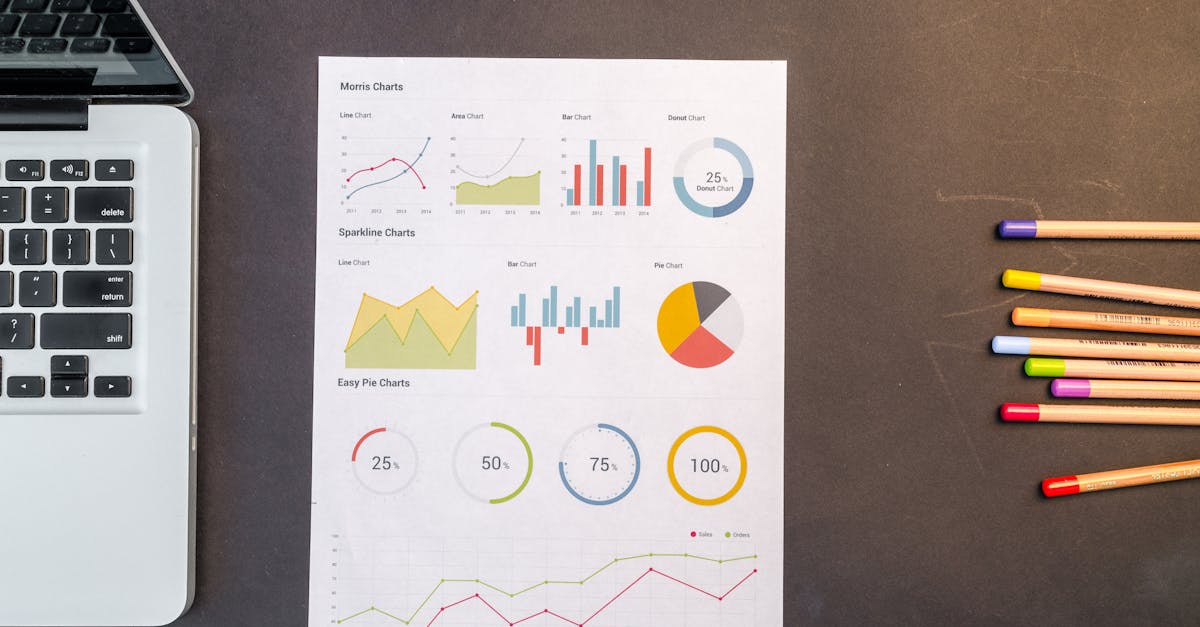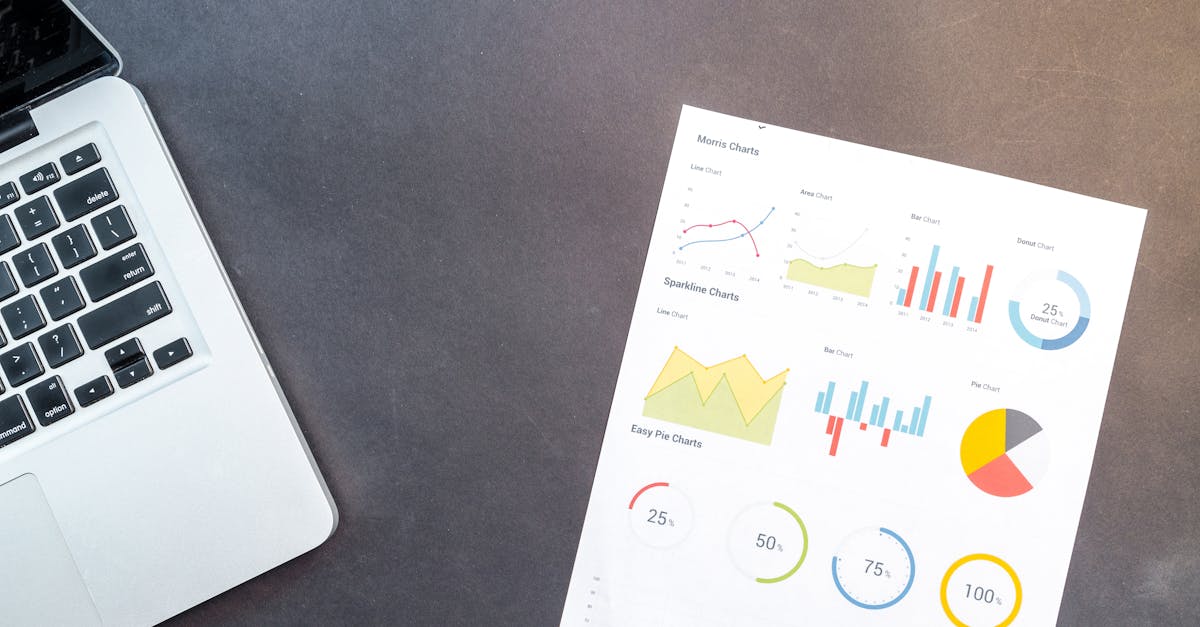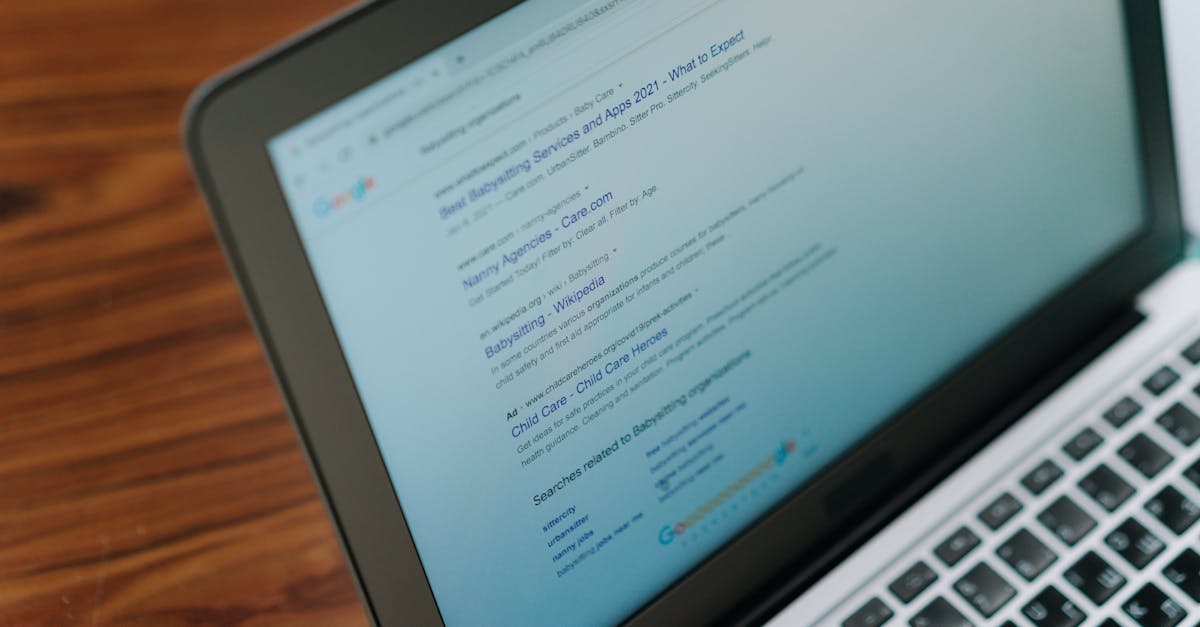
Table Of Contents
Staying Updated with Industry Trends
Staying informed about the latest industry trends is crucial for anyone aspiring to become a data reporting analyst. The field of Analytics and Reporting is constantly evolving, driven by advancements in technology and shifts in business needs. Engaging with industry news, attending webinars, and participating in relevant forums can provide valuable insights into emerging tools and methodologies. Networking with professionals in the field also helps build connections that may lead to new opportunities and collaboration.
Additionally, subscribing to industry publications and blogs can deepen your understanding of best practices and innovative approaches within Analytics and Reporting. These resources often highlight case studies and success stories, illustrating how organisations effectively leverage data for decision-making. Participating in professional workshops and conferences promotes continuous learning and keeps you at the forefront of developments in the field.
Continuous Learning and Development
The field of Analytics and Reporting is ever-evolving, making continuous learning essential for anyone aspiring to become a data reporting analyst. Engaging with online courses, attending workshops, and obtaining relevant certifications can enhance your skills and keep you updated with the latest tools and methodologies. Industry-specific training can deepen your understanding of analytics concepts, fostering a more robust analytical mindset and technical proficiency.
Additionally, participating in forums and networking events can expose you to insights from industry professionals. Staying informed about new technologies and trends in data analysis will not only improve your skill set but also increase your employability. Being proactive in seeking knowledge through various channels will help you remain competitive within the job market.
Preparing for Job Applications
When preparing for job applications as a data reporting analyst, it is essential to tailor your resume and cover letter to highlight relevant experiences in analytics and reporting. Emphasising your technical skills, such as proficiency in data visualisation tools and programming languages like SQL or Python, can significantly enhance your appeal. Including specific projects or achievements that demonstrate your ability to analyse data and produce actionable insights will make your application stand out to potential employers.
Another important aspect is to ensure your application materials reflect your knowledge of industry trends and standards within analytics and reporting. Research the company you are applying to, and align your skills with their needs. This not only showcases your enthusiasm for the role but also illustrates your understanding of how to contribute effectively to their objectives. Properly formatted and error-free documents convey professionalism and attention to detail, which are crucial attributes for any analyst.
Crafting an Effective Resume and Cover Letter
Creating a compelling resume and cover letter is crucial for standing out as a candidate for a data reporting analyst position. Tailor your resume to highlight skills specifically related to analytics and reporting. Focus on your proficiency with relevant tools and software, emphasising experiences that showcase your ability to interpret data effectively and deliver actionable insights. Quantify achievements where possible, demonstrating the impact of your work on previous projects or organisations.
Your cover letter should complement your resume by providing a narrative that connects your background to the role for which you are applying. Discuss your passion for analytics and reporting and how it drives your work ethic and problem-solving abilities. Showcase your understanding of the company’s goals and mention how your skills can contribute to their success. A well-crafted cover letter will convey your personality and enthusiasm, making a positive impression on potential employers.
Excelling in Interviews
Preparing for interviews as a data reporting analyst requires thorough knowledge of both the technical and analytical aspects of the role. Candidates should be ready to demonstrate their expertise in analytics and reporting through practical examples from previous work experiences. It’s essential to showcase familiarity with analytical tools and software commonly used in the industry, as well as an understanding of data interpretation and its application in decision-making processes.
Interviews often include behavioural and technical questions that assess problem-solving abilities and critical thinking. Anticipating common questions related to analytics and reporting can give candidates an edge. Practising responses that highlight achievements and challenges faced in previous roles will help convey confidence and competence. Engaging with interviewers through insightful questions about the company’s data strategies can further emphasise genuine interest in the position and the field.
Common Interview Questions for Analysts
Interviewing for a data reporting analyst position often involves a range of questions designed to assess both technical expertise and analytical thinking. Common queries may revolve around your experience with data visualisation tools and your familiarity with programming languages relevant to analytics. Potential employers might ask you to explain how you have used analytics and reporting to inform business decisions in previous roles. These questions aim to gauge your practical experience and your ability to communicate complex data insights effectively.
Additionally, you can expect situational questions that test your problem-solving capability. For instance, an interviewer might present a scenario involving a data discrepancy and ask how you would approach resolving the issue. They may also inquire about your methods for prioritising tasks when faced with tight deadlines typical in the analytics and reporting field. Preparing for these types of questions can help you articulate your thought process and showcase your critical thinking skills.
FAQS
What qualifications do I need to become a data reporting analyst?
While a degree in data analytics, statistics, or a related field is beneficial, some positions may accept relevant experience or certifications in data analysis tools and techniques.
What skills are essential for a data reporting analyst?
Key skills include proficiency in data analysis software (like Excel, SQL, or Tableau), strong analytical thinking, attention to detail, and effective communication skills to present findings clearly.
How can I stay updated with industry trends as a data reporting analyst?
Engaging in continuous learning through online courses, attending industry webinars, subscribing to relevant journals, and joining professional networks can help you stay informed about the latest trends in data analytics.
What should I include in my resume for a data reporting analyst position?
Your resume should highlight relevant education, technical skills, work experience in data analysis or related roles, and any certifications. Emphasise your achievements and the impact of your work on previous projects.
How can I prepare for common interview questions for data reporting analyst positions?
Research typical interview questions, practise your responses, and be ready to discuss your technical skills and previous projects. It’s also helpful to prepare examples that demonstrate your problem-solving abilities and analytical thinking.

















